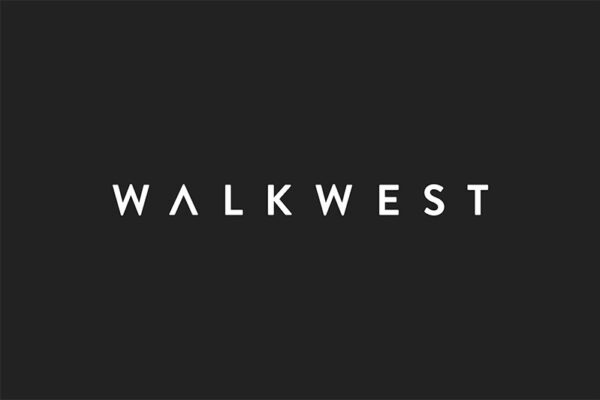No. That simple, two-letter word carries a lot of weight. It’s often one of the first words in a child’s vocabulary, and they pick it up from hearing it repetitively. After our first child was born, my wife and I decided to make a conscious effort not to use the word “no” around him. With visions of being “super parents”, doing all the right things, we bought into this philosophy. However, one of the first coherent sentences out of our kid’s mouth was, “No Toby!” as he was speaking to me. Toby was our rat terrier puppy. It was in response to being instructed to go to bed.
Despite our best efforts to keep from using that word with our child, he picked up its meaning and usage via context in our commands with our dog. There went all of that philosophy, up in a heaping ball of fire.
But the word “no” isn’t always negative. In fact, it can have many positive meanings. No is a word of warning. It’s used to protect and shield. It carries weight in our society and how we deal with colleagues, friends, and family. And it’s a word you want to hear from the firms you pay for professional services.
—
At Walk West, we believe it is our responsibility and our mandate to steer our clients correctly – to provide guidance and guardrails to achieve our clients’ stated goals. They’ve hired us for a reason – because we’re the experts. We do what we do every day, while our clients are busy managing businesses and being authorities in their field of practice. We believe that we owe it to each of our clients to give them the full breadth of our thought and to inform them when a particular course may be antithetical to achieving the goals we were hired for.
I often tell Walk West team members that we have a “no policy” and they can use it twice. If they believe that a client is hurting our ability to achieve its goals, they have the right and the responsibility to speak up. But they can not be a contrarian. Simply saying “no” is easy. Saying “no” and providing an alternate path with all the respect that is due to a paying client is much more difficult.
“No” in a silo is never a solution. However, if a client hears that “no” and a thoughtful alternate direction, and still decides to stay the course with their original idea, they can say no again — if they back it up again with another round of reasoning. By the third time a client asks, despite our best efforts otherwise, we have to respect the check we receive and fulfill the order in the best way that we can.
By that third time, however, our client has turned its partner into a production house, merely fulfilling orders. Walk West is happy to provide that service, but do recognize that you’ll overpay us to fill that role. We’re more than a production house and we aim to be more than a production house to you and your business.
You should never want an agency, especially one with a built-in consulting practice like Walk West, to simply take orders and fulfill. You want a healthy balance where ideas are free to be challenged and new ideas are born. That’s where innovation happens. It rarely happens by dictate and fiat. If it does, consider that a stroke of luck.
That tension, and your agency partner’s ability to challenge your ideas will ultimately build trust, even if it feels a little strange at first. You want to hear them say “no”. It’s a protection mechanism. It’s meant to provide the best product and get the most out of your agency relationship.

